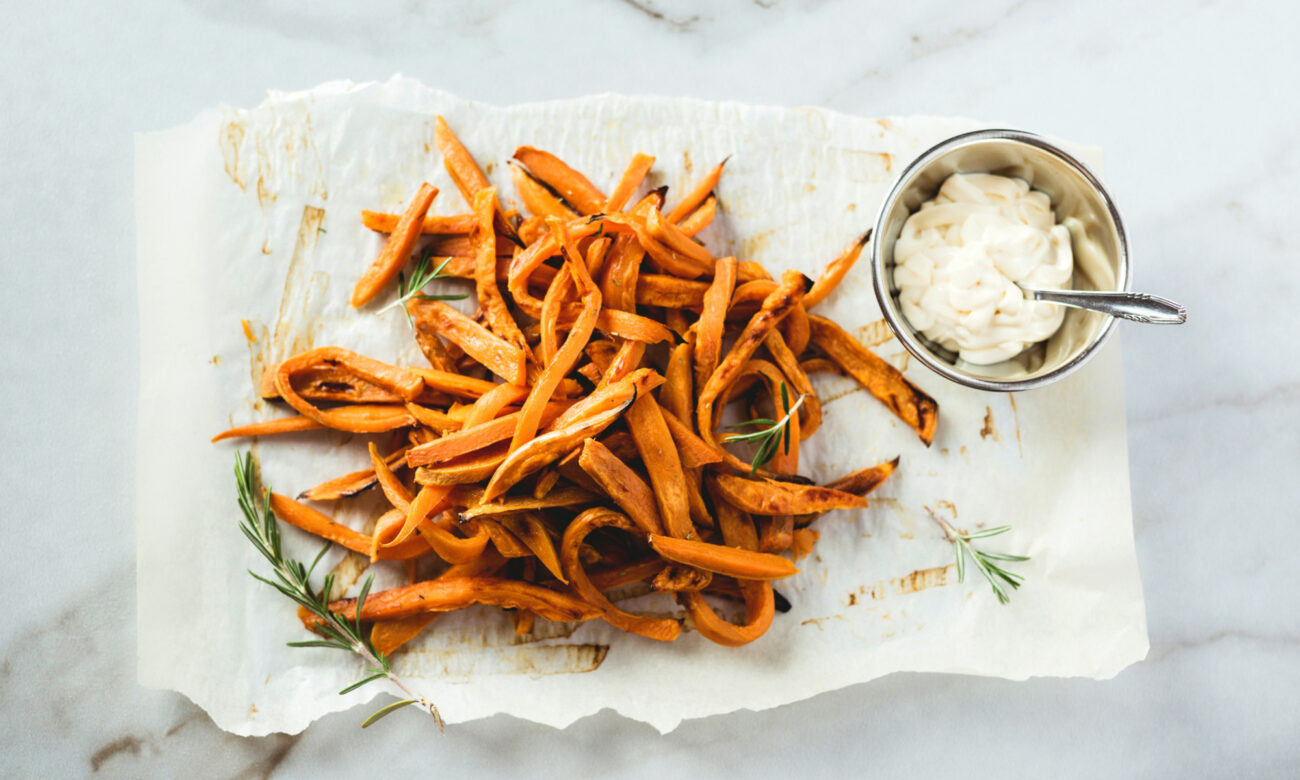Blog
The Best Fruit for Your Gut Health

- Most adults don’t consume enough fiber, but incorporating fiber-rich foods like raspberries can be an easy and delicious solution.
- Raspberries are not only packed with fiber, but are also packed with vitamin C and antioxidants.
- Low in FODMAPs, raspberries are gentle on sensitive stomachs, making them a perfect option for those with IBS or digestive issues.
Although we’re supposed to shoot for 25 to 38 grams of fiber per day, more than 90% of women and 97% of men are not meeting this recommendation. And while it might seem more pressing to keep an eye on how much protein you’re eating—or whatever appears to be the “hot” macronutrient of the moment—making an effort to eat enough fiber is never going out of style. This is because evidence suggests eating enough fiber can benefit several areas of our health—including gut health, digestion, bone strength, weight, risk for several chronic diseases and even longevity.
We’re not talking about suffering through glasses of water mixed with a chalky fiber supplement, though. You can score your daily dose from a wide variety of high-fiber foods.
Why We Love Raspberries for Gut Health
One of the most potent sources of fiber is a sweet, versatile, tasty fruit that’s an EatingWell editor favorite. It turns out that the same fruit is also a gut-health doctor-recommended option and might be the all-around best fruit for gut health, according to a February 8, 2023, Instagram reel from Will Bulsiewicz, M.D.
So what is the best fruit for gut health? Raspberries.
“I’m a huge fan of raspberries … First off, they’re friggin’ delicious,” Bulsiewicz shares in the caption. “I mean, seriously. They are like candy, how are they so healthy? But they are!” In the reel, Bulsiewicz continues, “They’re super high in fiber. A cup of raspberries has about 7 g of fiber—that’s like half of what the average American is getting per day.”
Bulsiewicz goes on to share more about the many health benefits of raspberries, including them being rich in nutrients like “vitamin C and polyphenol antioxidants … that are incredibly good for us,” he adds. “Believe it or not, even though there’s sugar in berries, berries have been shown to reduce our likelihood of developing [type 2] diabetes. And if you have [type 2] diabetes, they can help you to ultimately reverse it.”
Lastly, Bulsiewicz loves that raspberries are high in fiber and low in FODMAPs—fermentable oligosaccharides, disaccharides, monosaccharides and polyols. While many of these specific types of carbs are beneficial for people with healthy guts, they have been shown to exacerbate symptoms among those who have irritable bowel syndrome (IBS).
“In other words, if you have digestive issues and are rebuilding your gut, you should be enjoying raspberries,” concludes Bulsiewicz. Thankfully, there are many ways you can do just that. The doctor adores raspberry toasts, raspberry salads, raspberry spritzers and raspberry smoothies.
Our Expert Take
Eating raspberries has several benefits, including adding to your fiber quota, promoting healthy digestion (even if you struggle with IBS), consuming more vitamins, minerals and polyphenols, and more. But keep in mind that raspberries shouldn’t be your only source of fiber. One of the top five things you should do every day to improve your gut and overall health, says Bulsiewicz, is to eat a wide variety of plants, whole grains, healthy fats and protein.












